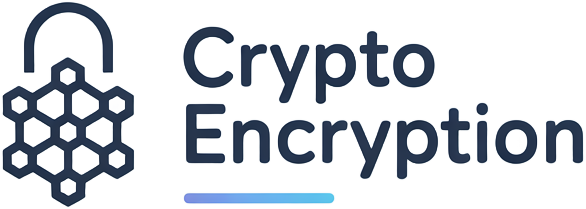
In the evolving landscape of decentralized applications, encrypted oracles are emerging as a cornerstone for secure and private blockchain data feeds. As smart contracts increasingly govern sensitive transactions and business logic, the need for robust privacy has never been more urgent. Traditional oracles, while effective at bridging on-chain and off-chain worlds, often fall short in protecting confidential information from exposure or manipulation. This is where integrating encrypted oracles with privacy smart contracts becomes essential for any developer or enterprise prioritizing data confidentiality.
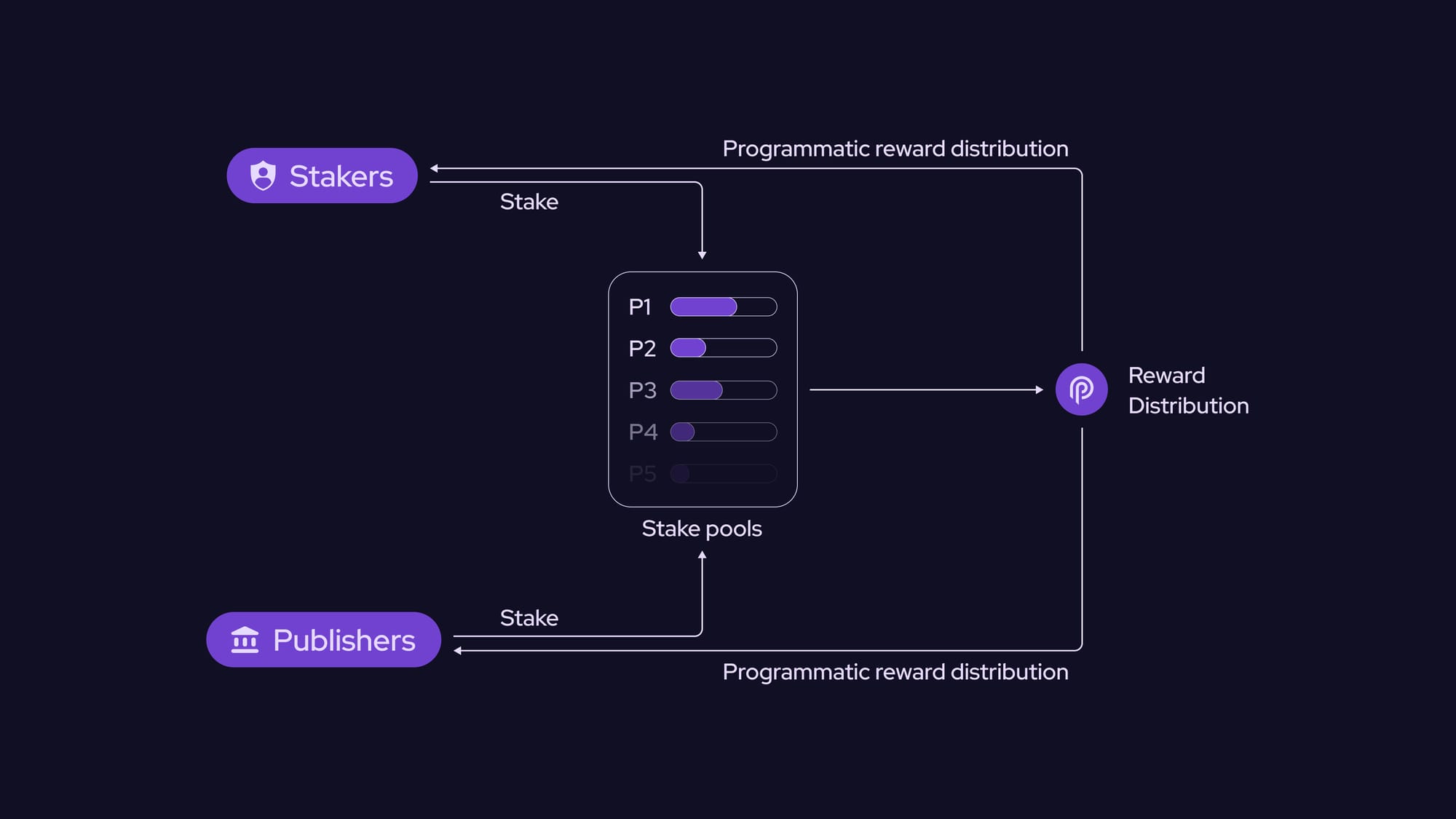
Why Privacy Matters: The Oracle Challenge
Oracles serve as vital intermediaries, feeding external data, such as asset prices, weather metrics, or identity credentials, into blockchain ecosystems. However, their central role also makes them a target for adversaries seeking to intercept or tamper with sensitive information. As highlighted in recent research (ecos.am, Rapid Innovation), the so-called “oracle problem” revolves around two key risks: data authenticity and data privacy.
While much attention has been given to ensuring that oracle-supplied data is authentic and tamper-proof, the equally critical challenge of safeguarding privacy is often overlooked. For sectors like DeFi, healthcare, and supply chain management, where proprietary or personally identifiable information is routinely processed, any leak can have severe consequences.
Core Techniques for Secure Data Feeds
The integration of encrypted oracles with privacy-preserving smart contracts depends on several advanced cryptographic techniques. Let’s break down the most impactful:
Key Cryptographic Methods in Encrypted Oracle Systems
-

Zero-Knowledge Proofs (ZKPs): ZKPs allow verification of data authenticity without revealing the underlying data. Protocols like DECO enable users to prove the provenance of data accessed via TLS to smart contracts, ensuring privacy and trust.
-
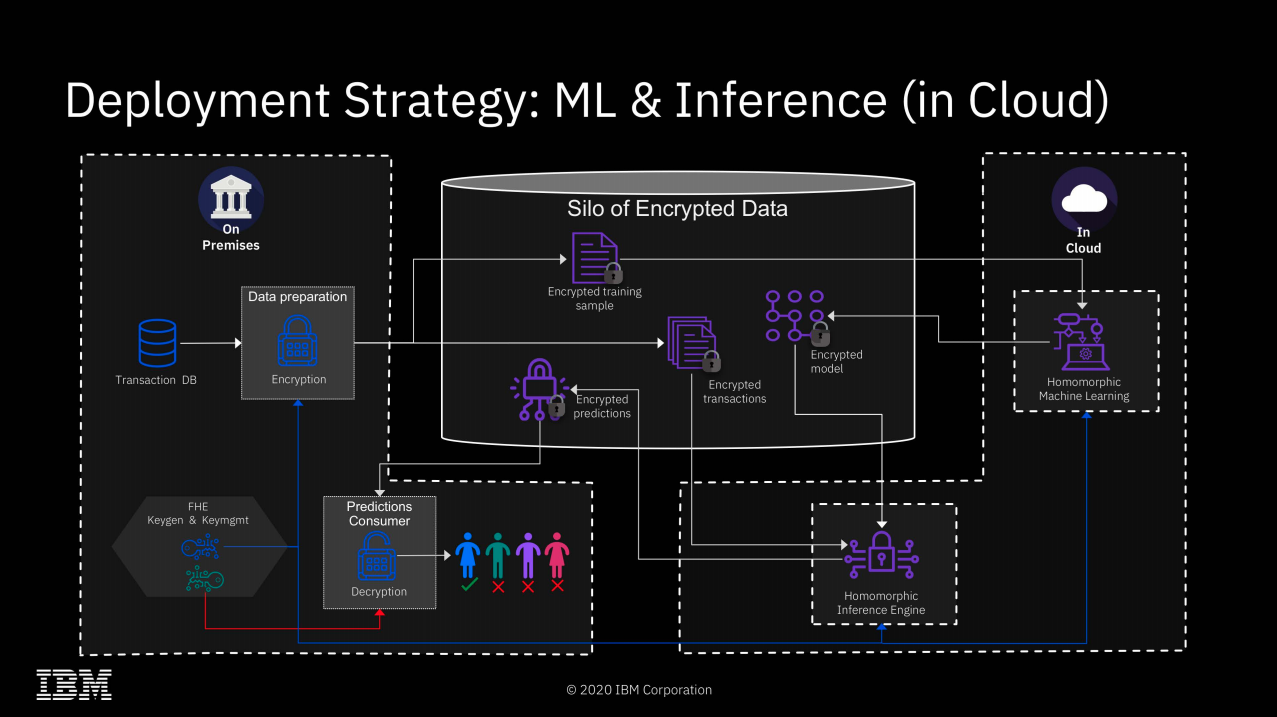
Homomorphic Encryption: This technique enables computations on encrypted data, so oracles can process sensitive information without decrypting it. The results remain encrypted and are only accessible to authorized parties, preserving end-to-end confidentiality.
-
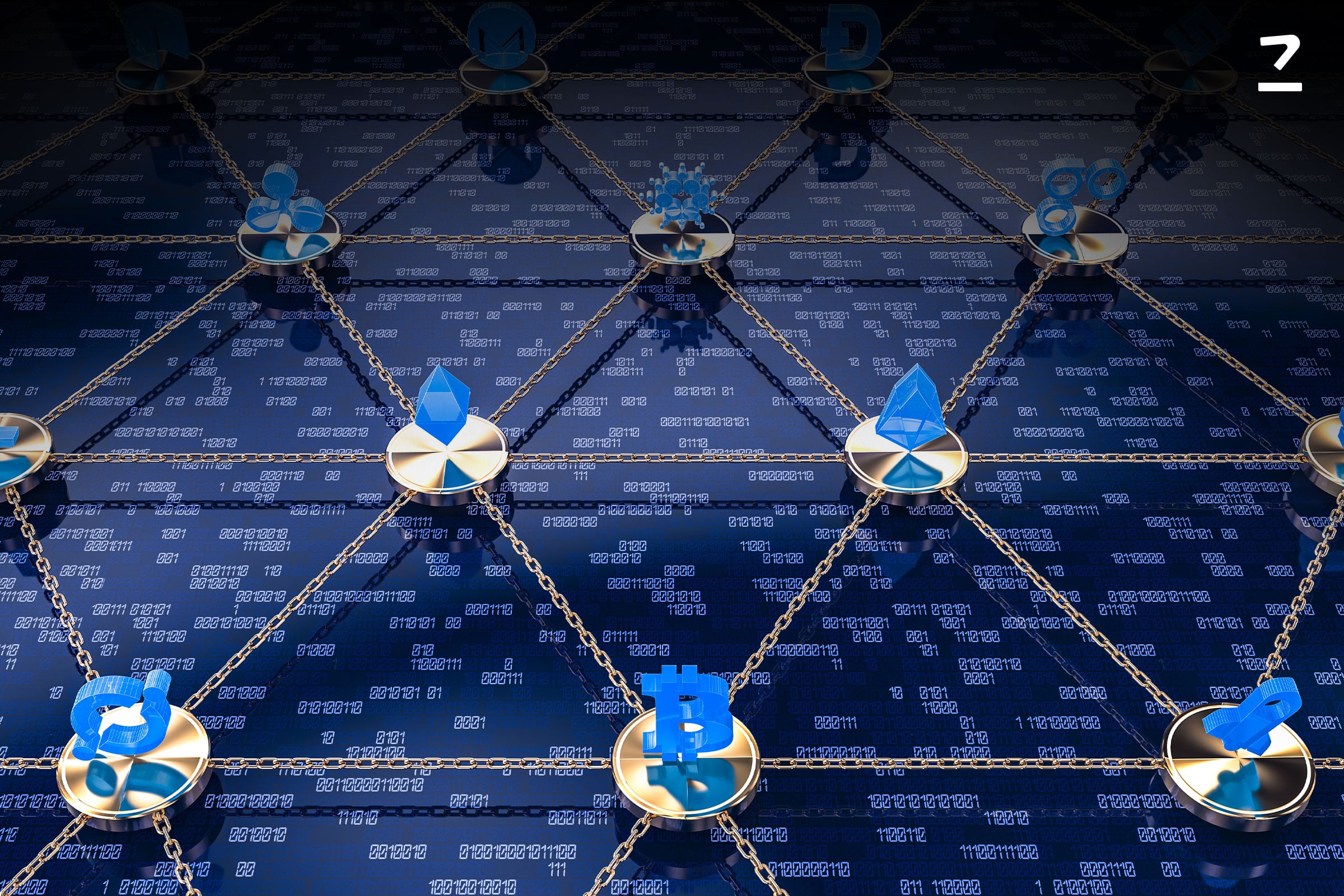
Trusted Execution Environments (TEEs): TEEs, such as Intel SGX, provide isolated hardware environments for processing confidential data. Oracles operating within TEEs ensure that sensitive data is only accessible to authorized code, mitigating risks from compromised systems.
-
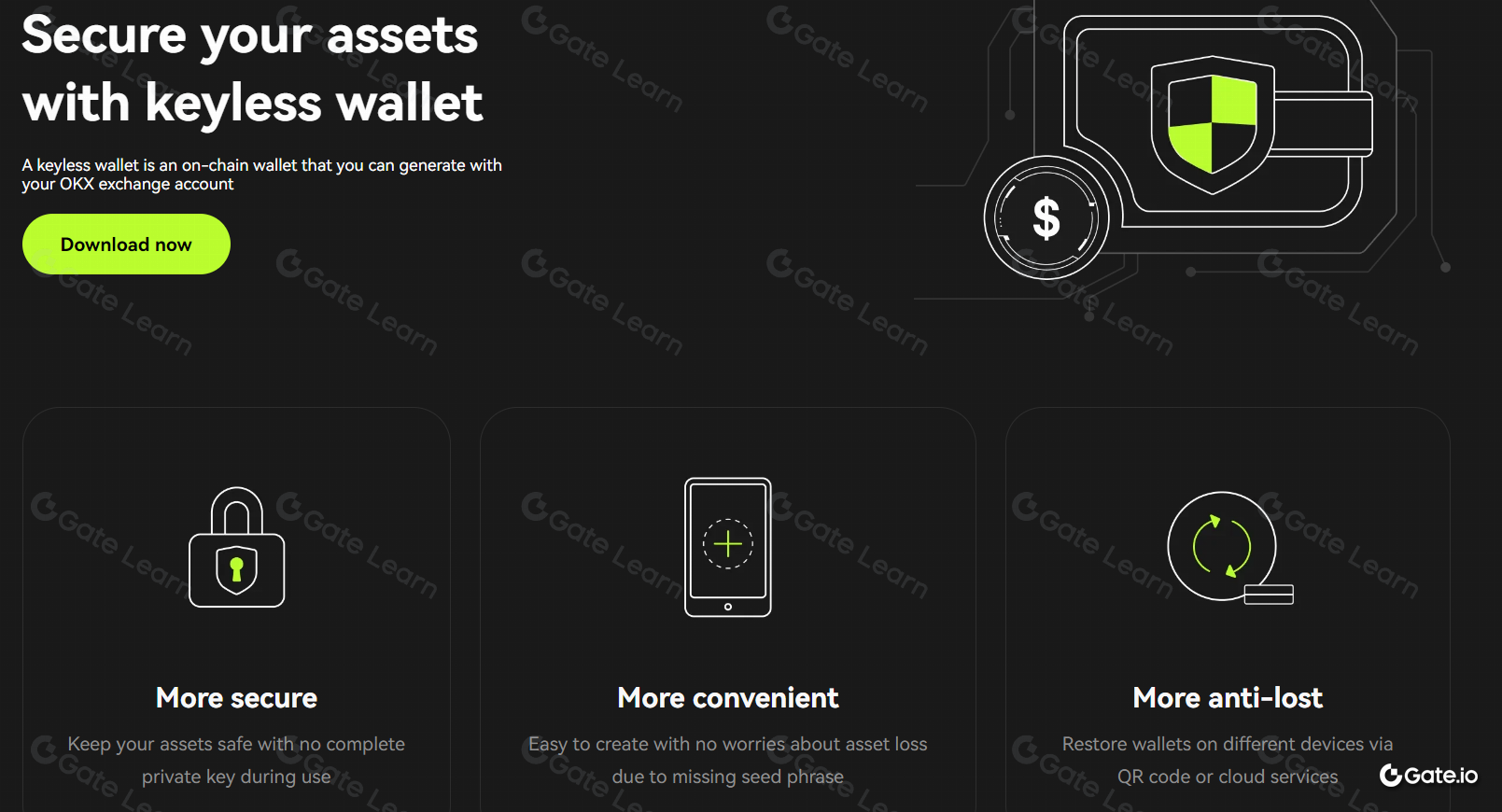
Secure Multi-Party Computation (SMPC): SMPC enables decentralized oracle networks to jointly compute functions over private inputs, ensuring that no single party learns the entire data set. This enhances privacy and security in collaborative data feeds.
- Zero-Knowledge Proofs (ZKPs): ZKPs enable one party to prove knowledge of a fact without revealing the fact itself. For example, using protocols like DECO (arxiv.org), an oracle can attest to the validity of off-chain data, such as a bank balance, without exposing its actual value.
- Homomorphic Encryption: This allows computations on encrypted inputs so that neither the oracle nor the contract operator ever sees unencrypted data during processing (fastercapital.com). The result is decrypted only by authorized parties.
- Trusted Execution Environments (TEEs): Oracles running inside TEEs perform computations isolated from other system components, reducing attack surfaces and ensuring only trusted code accesses sensitive information.
- Secure Multi-Party Computation (SMPC): By distributing computation across multiple nodes that never reveal their individual inputs (peerdh.com), SMPC ensures no single point of compromise exists, even within decentralized oracle networks.
The Practical Path: Implementing Encrypted Oracle Feeds
A successful integration starts with encrypting all incoming off-chain data before it reaches any part of your blockchain stack. Using symmetric encryption standards such as AES ensures that even if communication channels are compromised, only holders of specific decryption keys can access plaintext information (peerdh.com). Next comes leveraging decentralized oracle networks like Chainlink to aggregate multiple independent feeds, a strategy that not only enhances resistance to tampering but also distributes trust.
The final layer involves embedding privacy-preserving computation directly into your smart contracts. With advances in zk-SNARKs and secure enclaves now widely accessible to developers, it’s possible to design workflows where contract logic processes only ciphertexts and proofs rather than raw sensitive values.
Developers must also consider the lifecycle of decryption keys and access control. Key management solutions, such as threshold cryptography or decentralized key custodians, can prevent single points of failure and unauthorized access. This is especially critical for enterprise-grade applications managing high-value transactions or regulated data.
Operationalizing these concepts requires careful orchestration between off-chain data providers, oracle operators, and smart contract developers. For instance, when integrating encrypted weather feeds for insurance contracts or confidential price data for DeFi derivatives, each party must adhere to strict protocols for encryption, proof generation, and verification. The chain of trust is only as strong as its weakest link.
Real-World Applications: Where Encrypted Oracles Shine
The impact of encrypted oracle integration is already visible across several sectors:
- Decentralized Finance (DeFi): Privacy smart contracts powered by encrypted oracles protect trading strategies and user positions from front-running and information leakage (Forbes).
- Healthcare: Sensitive patient data can be processed on-chain for research or insurance use cases without exposing personal identifiers.
- Supply Chain: Confidential provenance information ensures that only authorized parties can verify the authenticity of luxury goods or pharmaceuticals.
5 Real-World Use Cases for Encrypted Oracles & Privacy Smart Contracts
-

Private DeFi Lending Platforms: Encrypted oracles enable DeFi lending protocols like Aave to securely access off-chain credit scores or financial data using privacy smart contracts. This ensures user data confidentiality while maintaining accurate risk assessments and regulatory compliance.
-
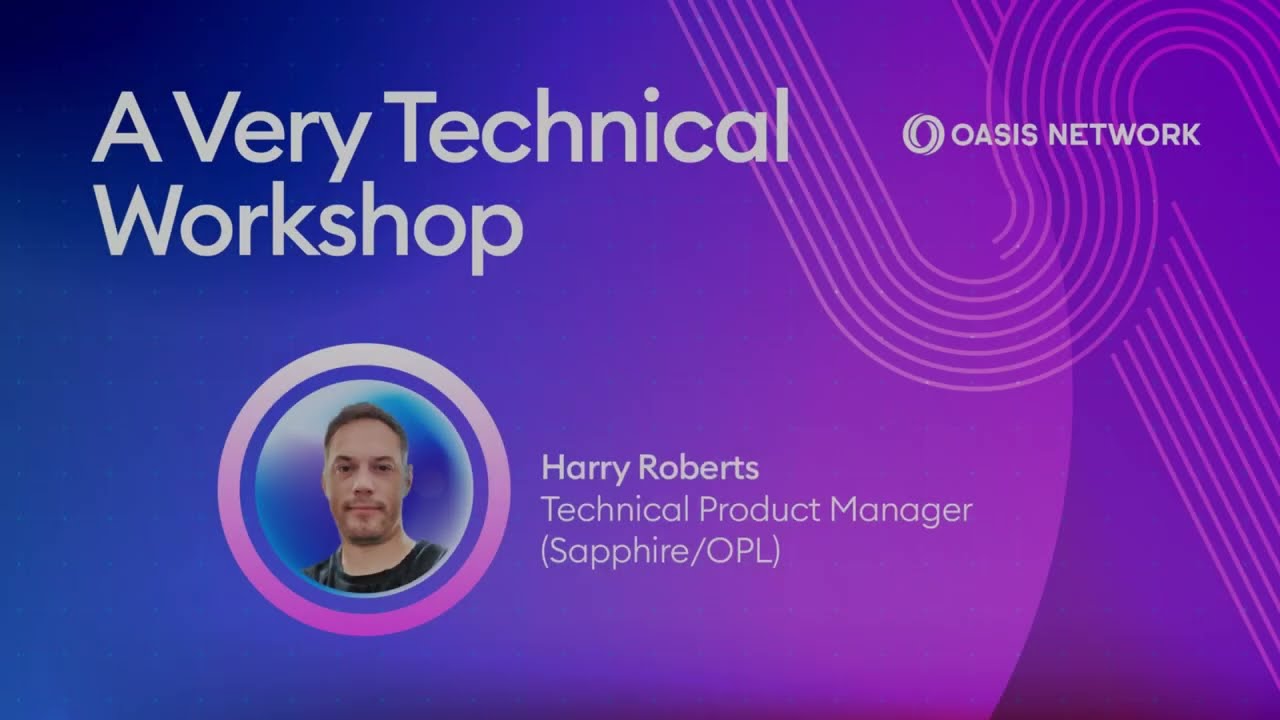
Confidential Healthcare Data Sharing: Platforms such as Oasis Network utilize encrypted oracles and privacy smart contracts to process sensitive patient information. This approach allows for secure sharing and computation of medical records without exposing private health data on-chain.
-
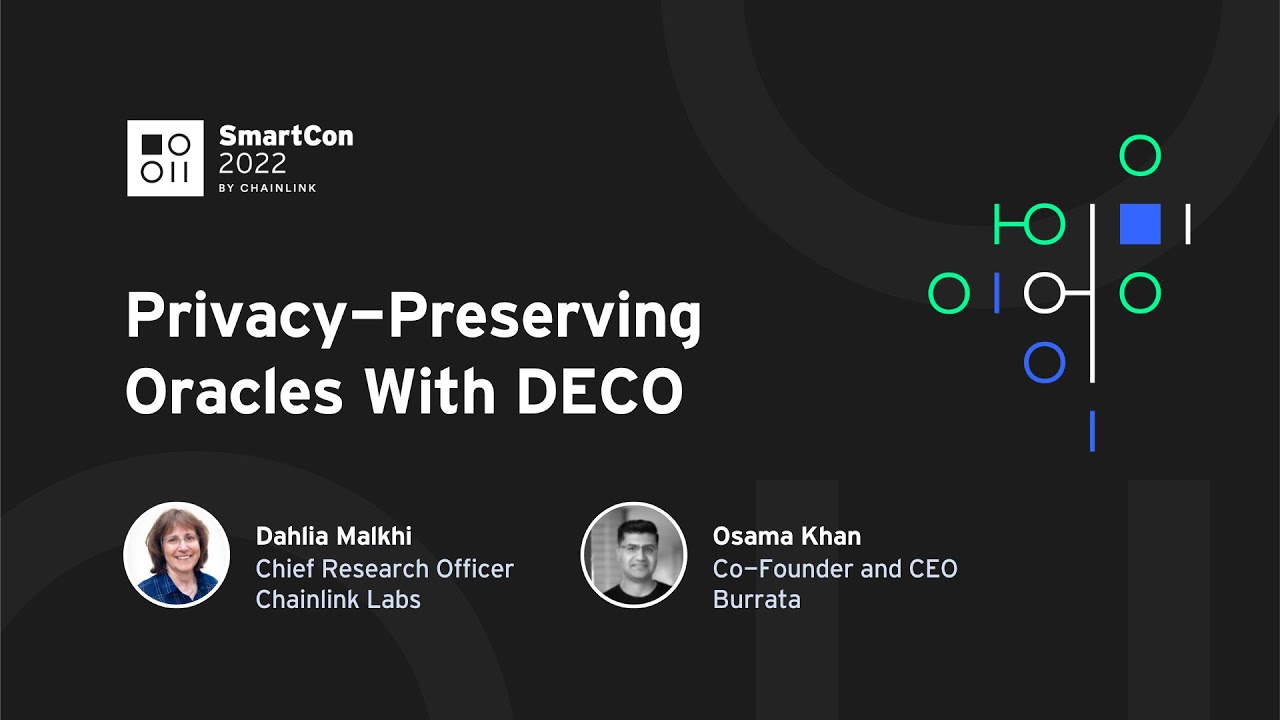
Secure Insurance Claim Automation: Chainlink oracles, combined with privacy smart contracts, enable insurance providers to automate claim settlements based on encrypted, verified real-world data (like weather or accident reports), protecting user privacy and preventing data leaks.
-

Regulatory-Compliant Asset Tokenization: Platforms such as ConsenSys Codefi leverage encrypted oracles to verify investor accreditation and KYC data privately. Privacy smart contracts ensure that sensitive identity information remains confidential during asset issuance and transfer.
-
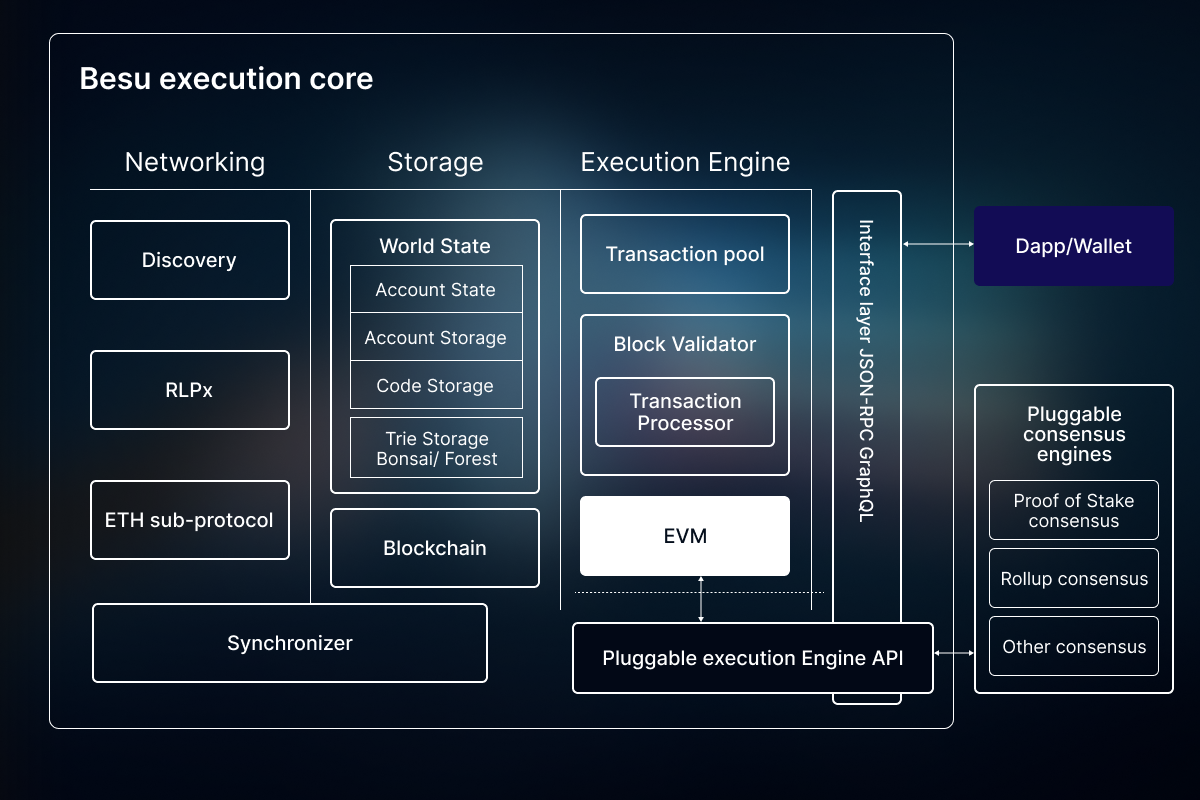
Private Supply Chain Tracking: Hyperledger Besu integrates encrypted oracles and privacy smart contracts to track goods and verify certifications (like organic or fair trade) without exposing proprietary business data, ensuring both transparency and confidentiality.
The convergence of these technologies not only enhances compliance with global privacy standards but also unlocks new business models previously deemed too risky for blockchain adoption. Enterprises can now build applications where trust is mathematically enforced rather than institutionally assumed.
Challenges Ahead and Future Outlook
No system is without trade-offs. Integrating advanced cryptographic techniques can introduce computational overhead and latency. Developers must balance between optimal privacy guarantees and transaction throughput, especially on public blockchains where gas costs are non-trivial. Furthermore, composability remains a challenge: ensuring that encrypted oracle feeds remain interoperable with existing DeFi protocols and cross-chain bridges will require ongoing standardization efforts.
Despite these hurdles, the momentum behind privacy-first architectures is undeniable. As regulatory scrutiny around blockchain data intensifies globally, projects that prioritize secure data feeds will be best positioned to scale responsibly. Expect to see more modular frameworks emerge, enabling plug-and-play integration of encrypted oracles into any smart contract stack.
The future of blockchain hinges on trustless confidentiality, where sensitive real-world data empowers decentralized logic without exposing users to unnecessary risk. By embedding encrypted oracles at the heart of privacy smart contracts, developers are not just solving today’s “oracle problem” but laying the foundation for tomorrow’s secure digital economy.
